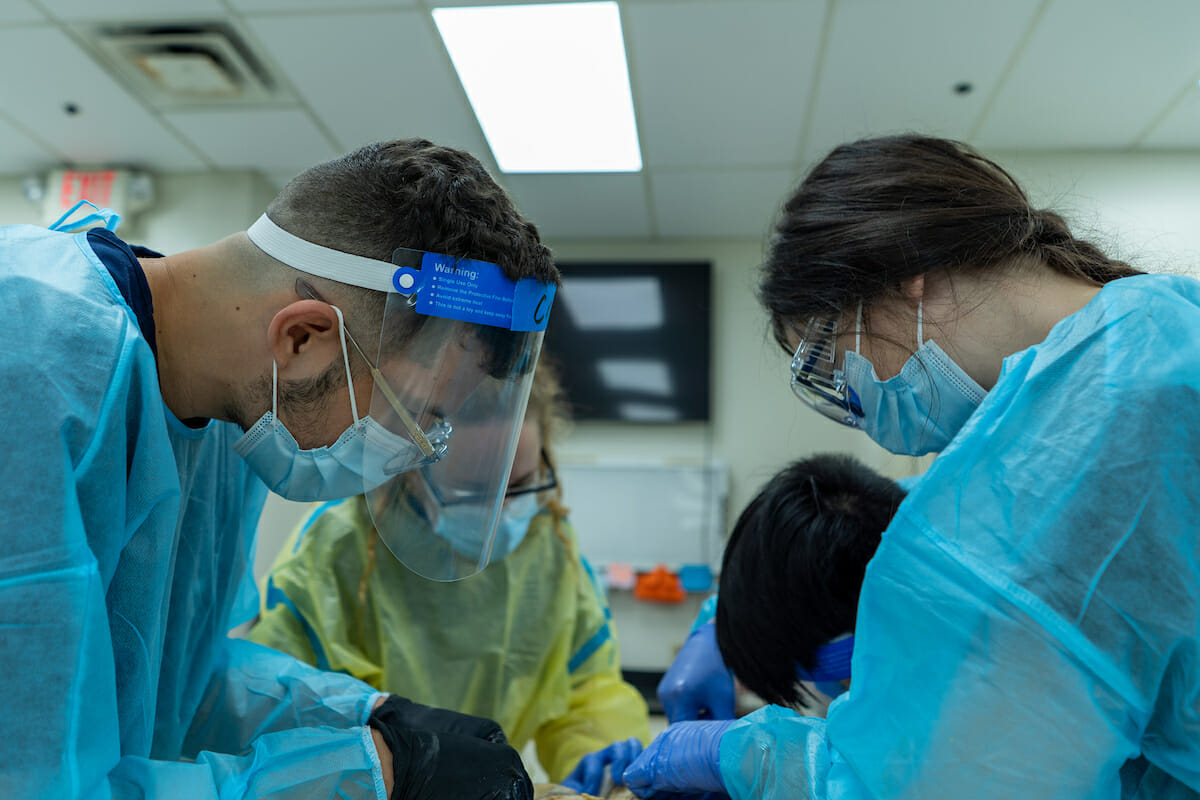
WesternU
/
College of Osteopathic Medicine of the Pacific (COMP) and COMP-Northwest
/
Research
/
Research Faculty Directory
Research Faculty Directory
Click on faculty links below to view their bios which include their research interests
- Nissar A. Darmani, PhD
- Raj Kandpal, PhD
- Xiaoning Bi, MD, PhD
- Mihai Covasa, PhD
- Sebastien Fuchs, MD, PhD
- Manish Issar, PhD
- Glen Kisby, PhD
- Belinda McCully, PhD
- Robert N. Pechnick, PhD
- Miklos Peterfy, PhD
- Beatrice Saviola, PhD
- Michelle Steinauer, PhD
- Hendrik Szurmant, PhD
- Rakesh Tiwari, PhD
- Vishwanath Venketaraman, PhD
- Edward Wagner, PhD
- Brian Wasko, PhD
- Li Zhong, PhD

